Should You Be “Reverse Washing" Your Hair? Here’s What the Pros Say



Lindy Segal

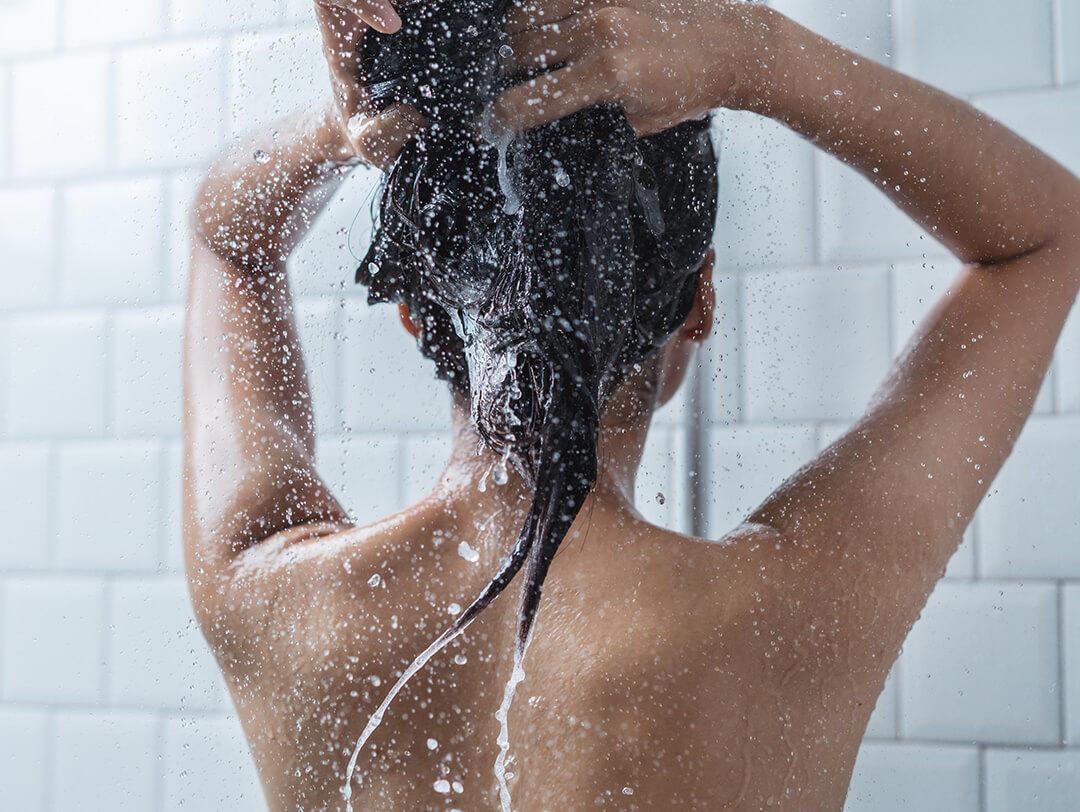
Since you were a kid, your hair-care routine has probably involved two very clear steps: first, shampoo; second, condition. But—and stay with us—the key to healthy hair may be applying conditioner first (even if it feels like it will mess with the space-time continuum to do so). The technique is called reverse washing, and it might just be your new favorite hair-washing method. We turned to the experts to find out why reverse washing is gaining steam (particularly when it comes to dry and damaged hair), how to do it, and more.


It's about glam time you treated yourself.
MEET THE EXPERT
Alan David is a hairstylist based in New York City.
Audrey Kunin, MD, is a board-certified dermatologist, founder of DERMAdoctor, and chief product officer of NovaBay Pharmaceuticals.
What Is Reverse Washing, Anyway?
Simply put, reverse washing flips the hair-washing process on its, well, head. “Reverse hair washing involves conditioning hair prior to shampooing,” explains board-certified dermatologist Audrey Kunin, MD. “It helps deeply condition hair without weighing it down.” It’s similar to co-washing, in which hair is washed only with conditioner (or a specific co-washing cleanser), but has the added step of shampooing the hair after as well. Co-washing is also more commonly used on natural hair types, while reverse washing is better suited to finer hair.
Who Should Be Reverse Washing Their Hair?
Reverse washing is an option for several hair types and conditions. According to NYC-based hair stylist Alan David, those with damaged hair due to color, heat, or dryness can benefit from this method. “It’s a great way to make the hair soft so you can really get the root clean with shampoo,” he says. Kunin adds that those with fine hair or an oily scalp can also benefit from reverse washing.
The Pros and Cons of Reverse Washing
There are several benefits to reverse washing, from detangling strands to preventing flat hair from too much product build-up. “It keeps dry, brittle hair soft so that while you're shampooing, you don’t tangle and knot,” explains David. According to Kunin, reverse washing is gentler on fine and thin hair than traditional washing “and helps remove conditioner residue from scalp.”
And although there are no major side effects to reverse washing, it’s important to note that it may not be the method of choice for all hair textures or types. “Some curls benefit from this, but it’s better to use [no suds] shampoo,” says David, adding that, “Reverse shampooing is really only good for very dry, damaged hair of all hair textures.”
How to Reverse Wash Your Hair
You can use the same hair conditioner for steps one and three, or try using a deep conditioner or hair mask before washing hair, followed by a lightweight conditioner.
1. Condition.

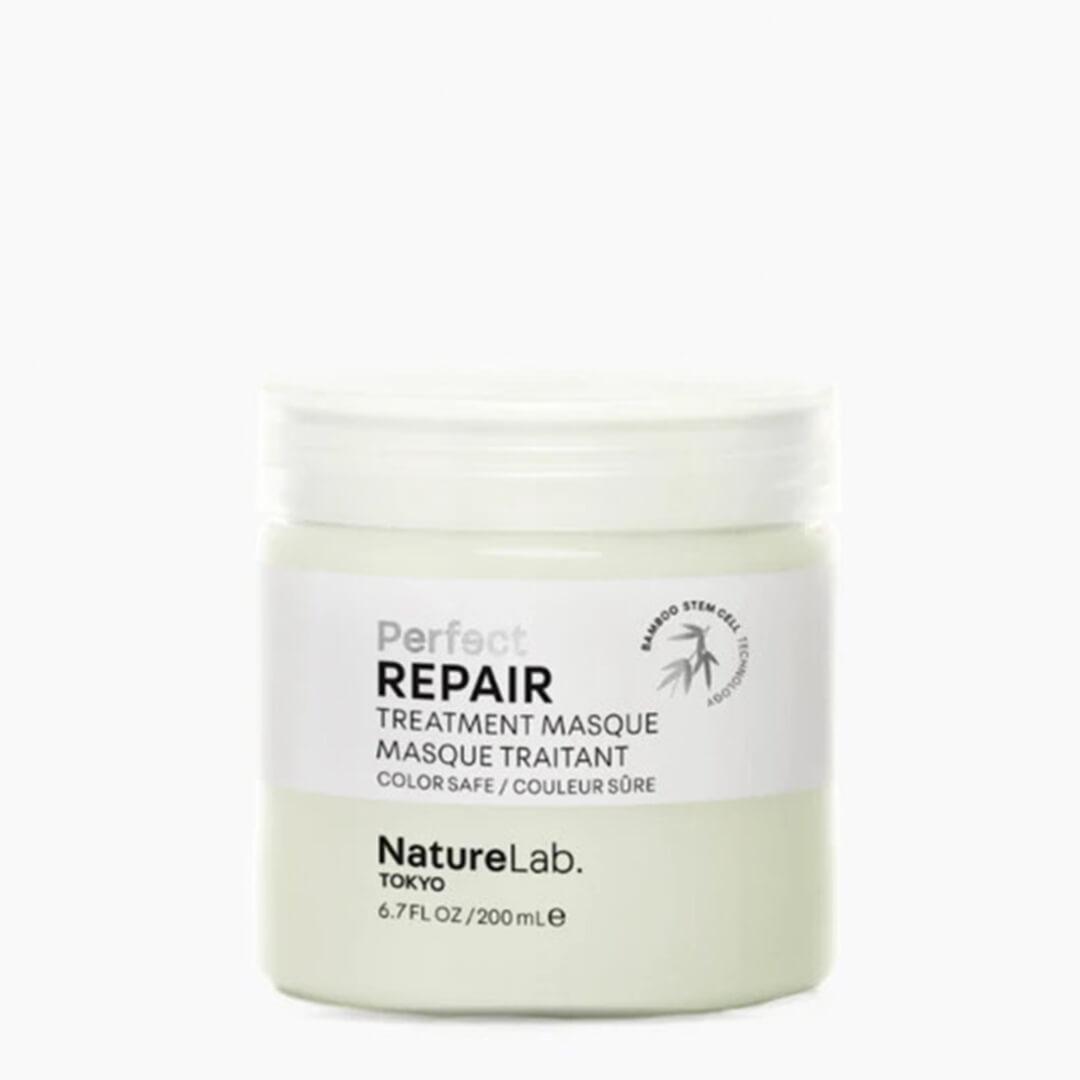
Apply a conditioner, such as NATURELAB.TOKYO Repair Treatment Masque, to wet hair, avoiding the roots (especially if you have oily hair or an oily scalp). Leave on for up to five minutes, then rinse.
2. Shampoo.
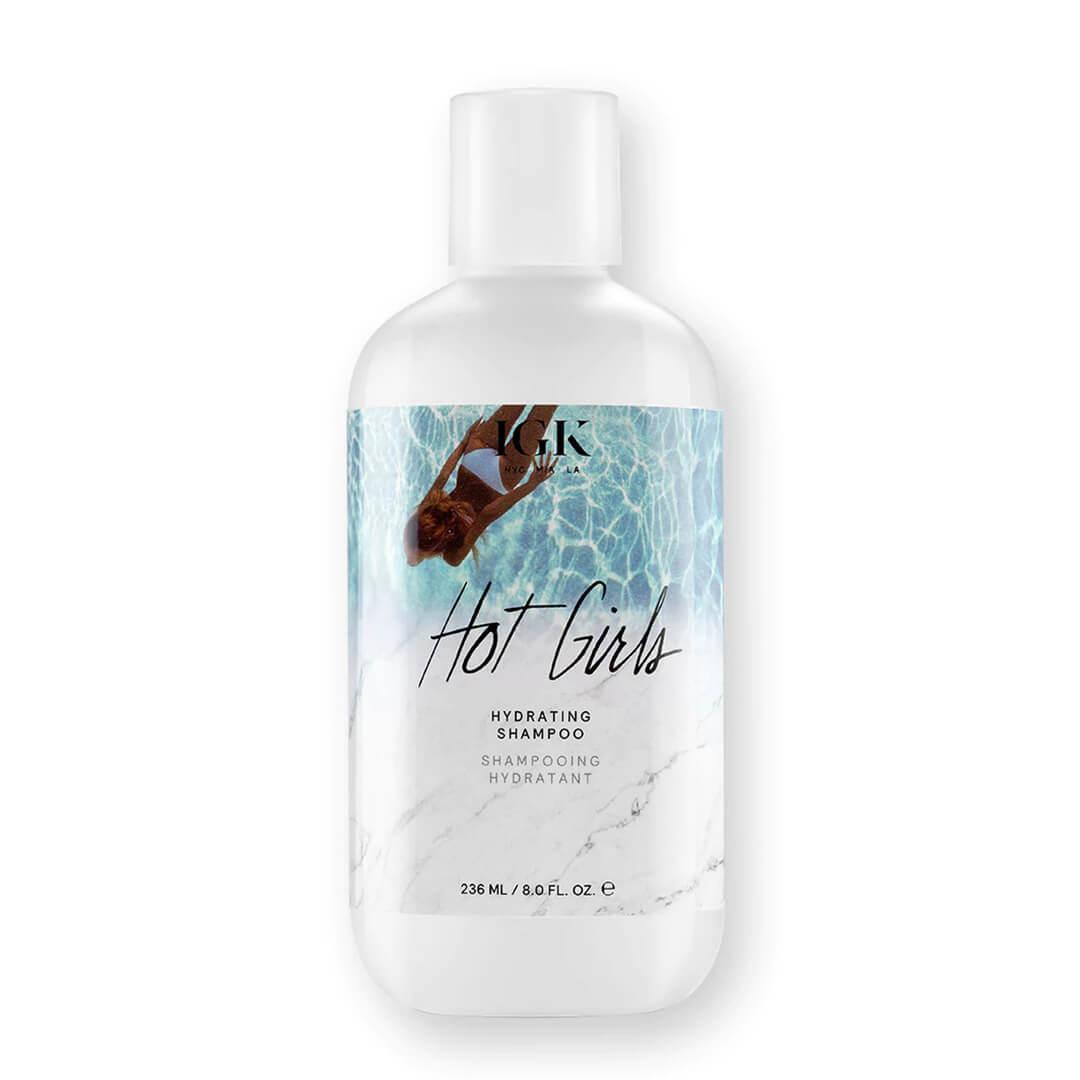

Next, work a moisturizing shampoo, such as IGK Hot Girls Hydrating Shampoo into a rich lather to cleanse hair and remove product build-up without stripping hair of its natural oils.
3. Condition again (maybe).


If you have dry hair, “It’s important to still condition after you shampoo,” says David. If you’re afraid of weighing down hair, try a lightweight conditioner, such as TRESEMMÉ Pro Pure Damage Recovery Conditioner for Damaged Hair.
Did you know the IPSY Glam Bag delivers personalized hair care products (and more) to your door each month? Take our Beauty Quiz now to get started. Already an Ipster? Refer your friends to earn points, which you can use toward products. Either way, don’t forget to check us out on Instagram and Twitter @IPSY.
Like this article? Share it with your friends by clicking the icons below!
Liked this post? Share!
Related Stories
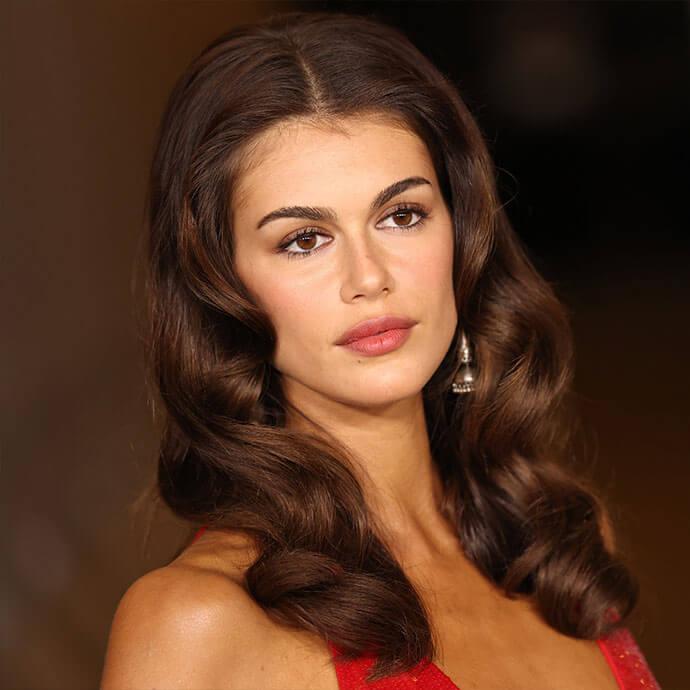
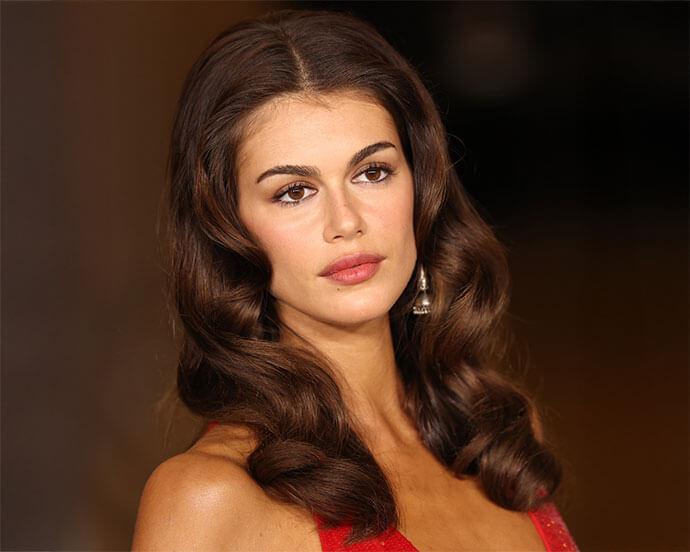
Hair
6 Hair Trends Set to Take Over in 2026, From Bixie Cuts to Bouncy Blowouts
Published on Dec 5, 2025 • 5 min read


Hair
21 Easy Hairstyles to Enhance Your Natural Curls and Coils
Published on Dec 3, 2025 • 11 min read


Hair
The Ultimate Guide to Styling Short Hair
Published on Dec 1, 2025 • 11 min read


Hair
From Bangs to Blonde: The Hair Trends Taking Over 2025
Published on Dec 16, 2024 • 5 min read


Hair
Scalp Exfoliation Is the Key to Healthier Hair—Here’s How to Do It Correctly
Published on Nov 21, 2025 • 9 min read


Hair
The 10 Best Hair Masks and Conditioners to Promote Hair Growth
Published on Mar 11, 2024


Hair
20 Trendy Hairstyles That’ll Make You the Life of the (Holiday) Party
Published on Oct 15, 2025 • 9 min read


Hair
Easy Thanksgiving Hairstyles to Look Polished While You Feast
Published on Oct 2, 2025 • 6 min read


Beauty Picked Just for You
Get 5 products worth up to $70
Plus exclusive access to epic deals up to 80% off
Starting at just $14/month. Cancel anytime.